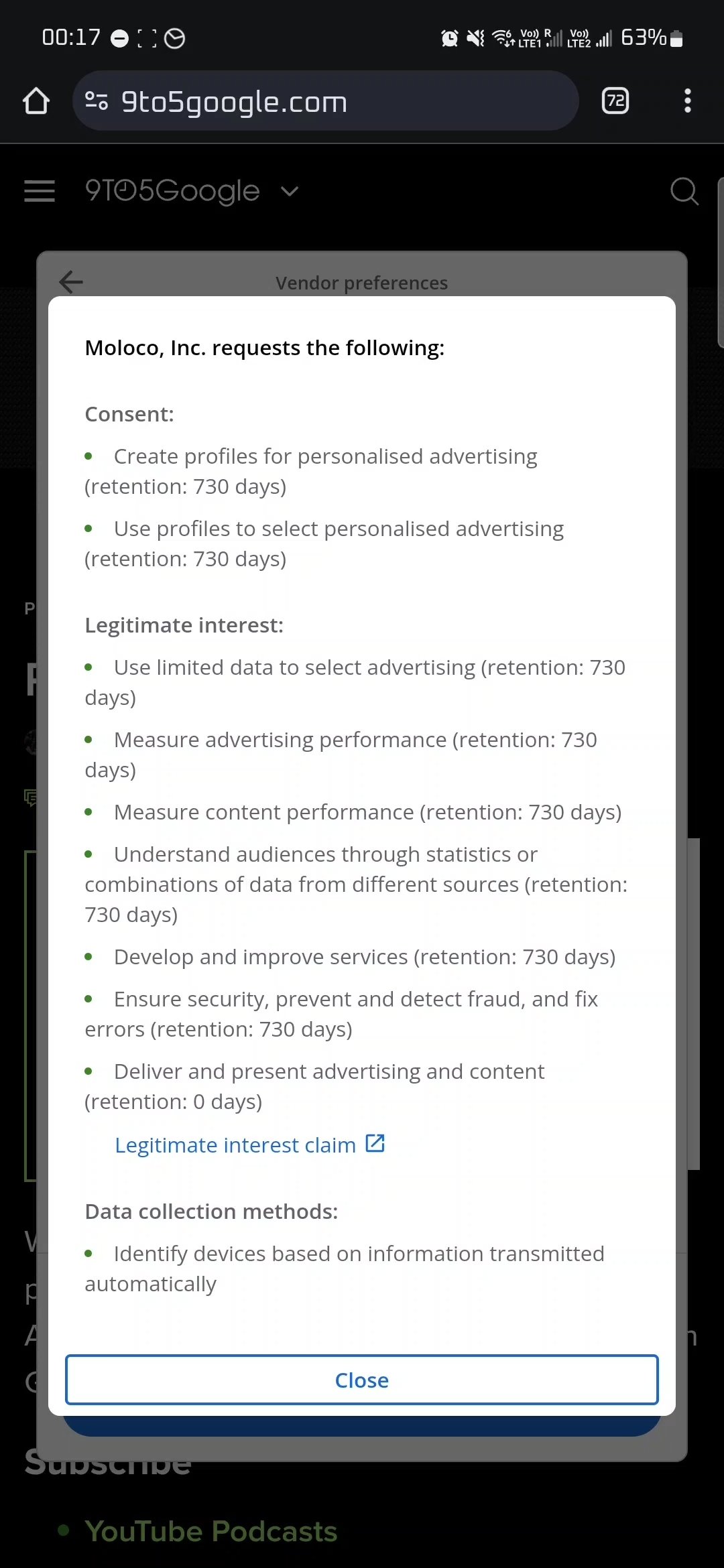this post was submitted on 25 Apr 2024
375 points (98.7% liked)
Privacy
32456 readers
339 users here now
A place to discuss privacy and freedom in the digital world.
Privacy has become a very important issue in modern society, with companies and governments constantly abusing their power, more and more people are waking up to the importance of digital privacy.
In this community everyone is welcome to post links and discuss topics related to privacy.
Some Rules
- Posting a link to a website containing tracking isn't great, if contents of the website are behind a paywall maybe copy them into the post
- Don't promote proprietary software
- Try to keep things on topic
- If you have a question, please try searching for previous discussions, maybe it has already been answered
- Reposts are fine, but should have at least a couple of weeks in between so that the post can reach a new audience
- Be nice :)
Related communities
much thanks to @gary_host_laptop for the logo design :)
founded 5 years ago
MODERATORS
you are viewing a single comment's thread
view the rest of the comments
view the rest of the comments


That's not quite what it means. Legitimate interest is a term from the GDPR, and is one of the legal bases on which a company may process your personal data. Essentially the company has a "legitimate interest" (i.e. reasonable purpose) for which your data must be processed.
Typical examples of legitimate interest are: fraud prevention, direct marketing, or ensuring network/information security of their IT infrastructure.
The rest of your comment is essentially correct though. Notably, the examples above are not exhaustive: legitimate interest is fairly vaguely defined. And there is a process in the GDPR to object to your legitimate interest claim. This has resulted in essentially all data collection companies claiming a generic legitimate interest on your data, and it's up to you to object to all of them individually. This undermines the general "you must opt in to tracking" principles of the GDPR, but until privacy agencies of the EU get around to some enforcement that's how it is.